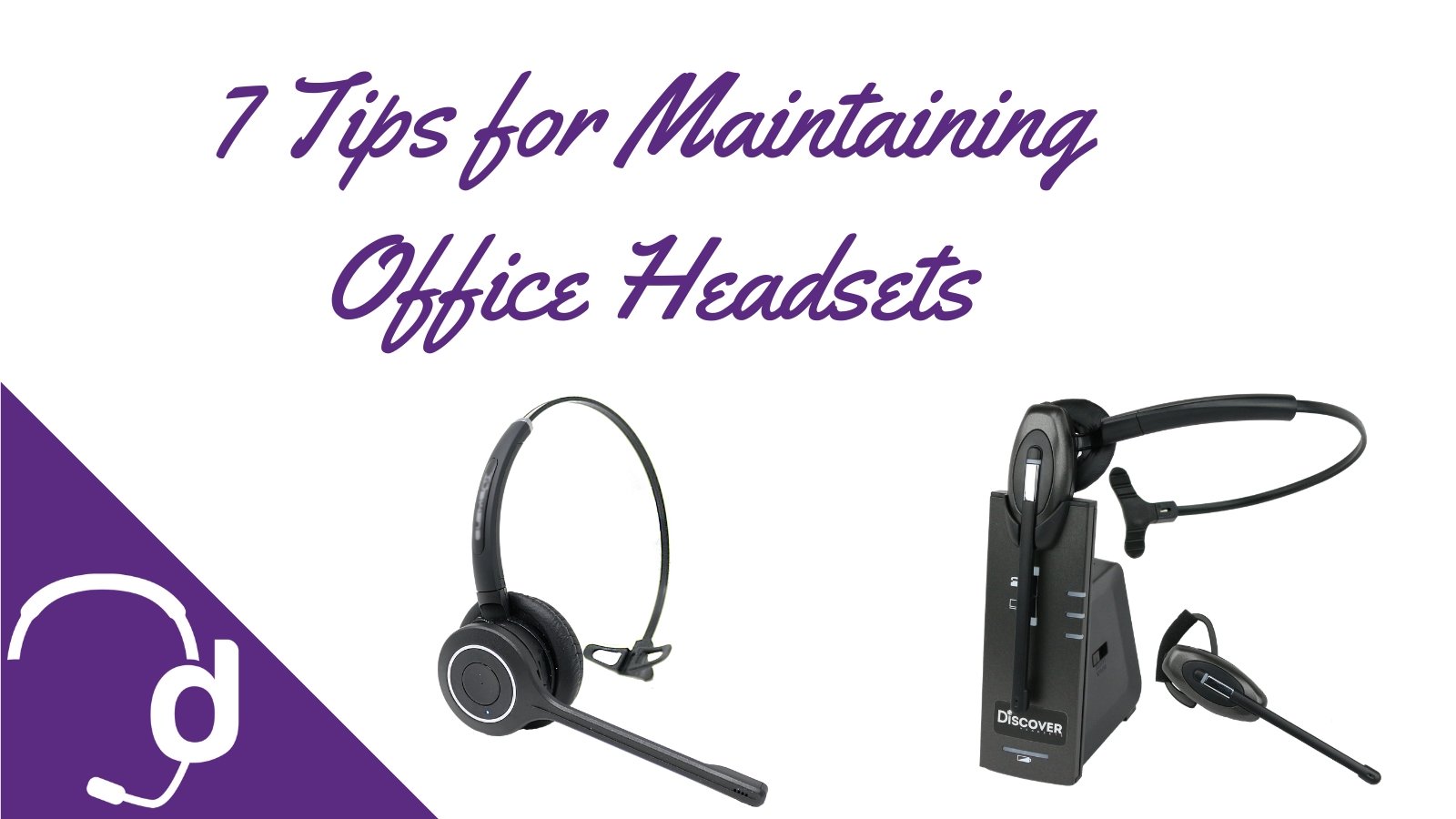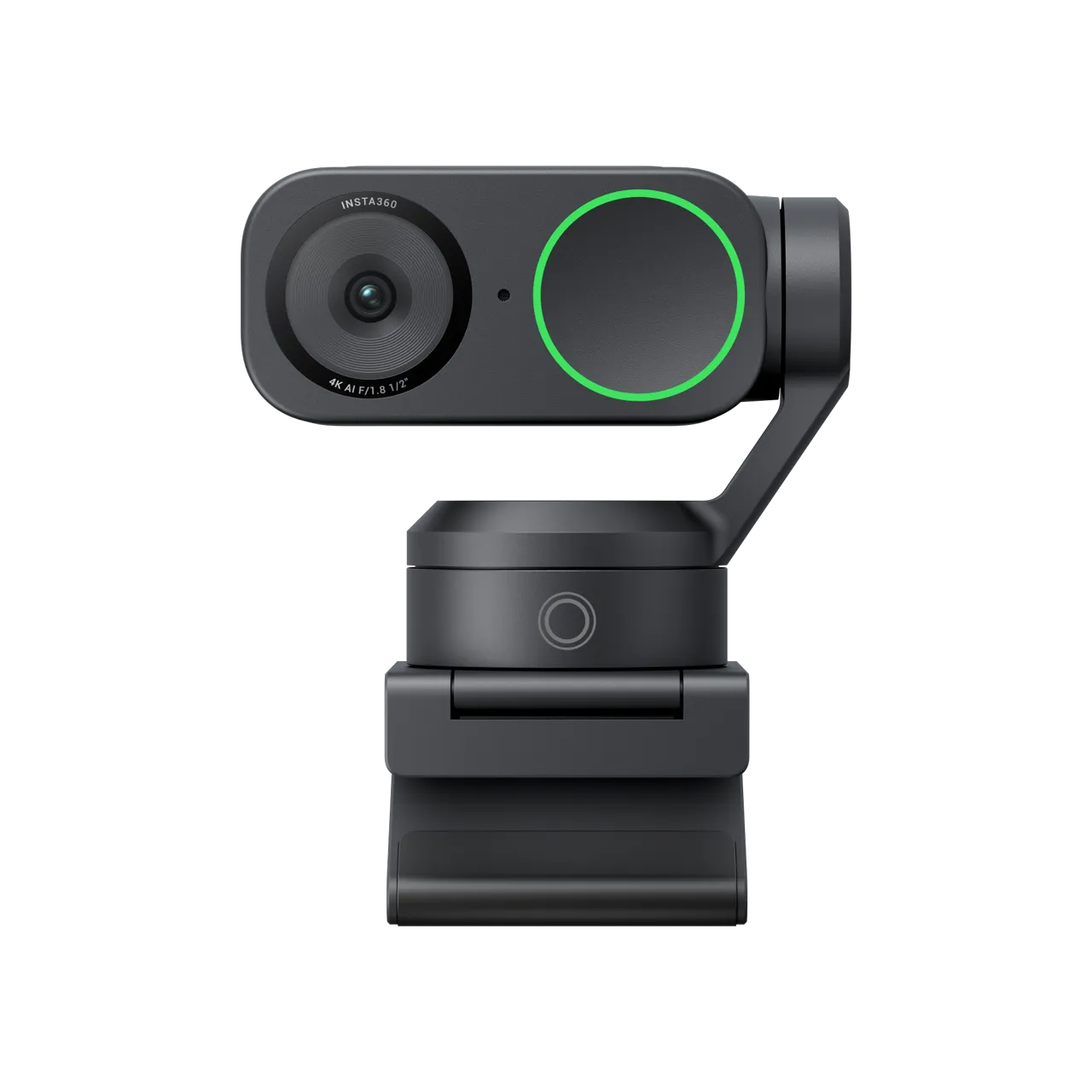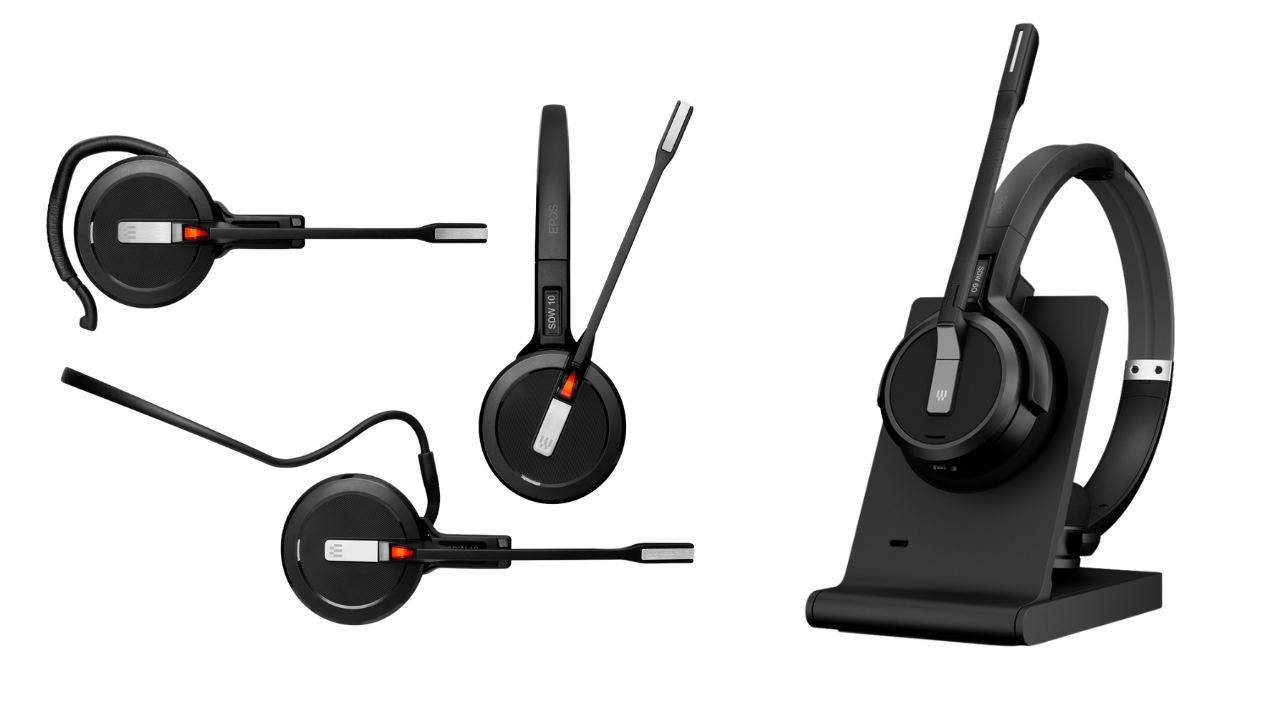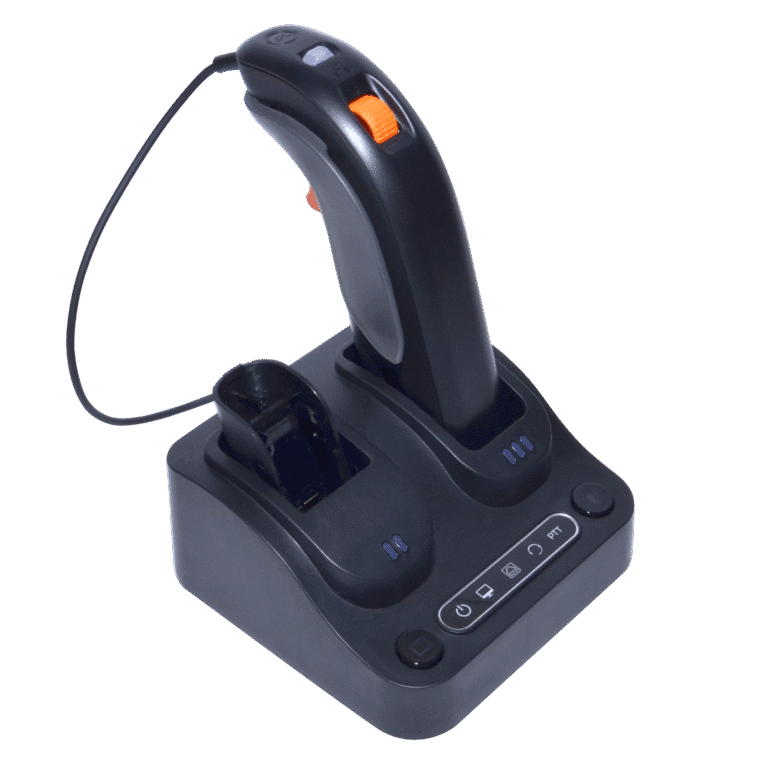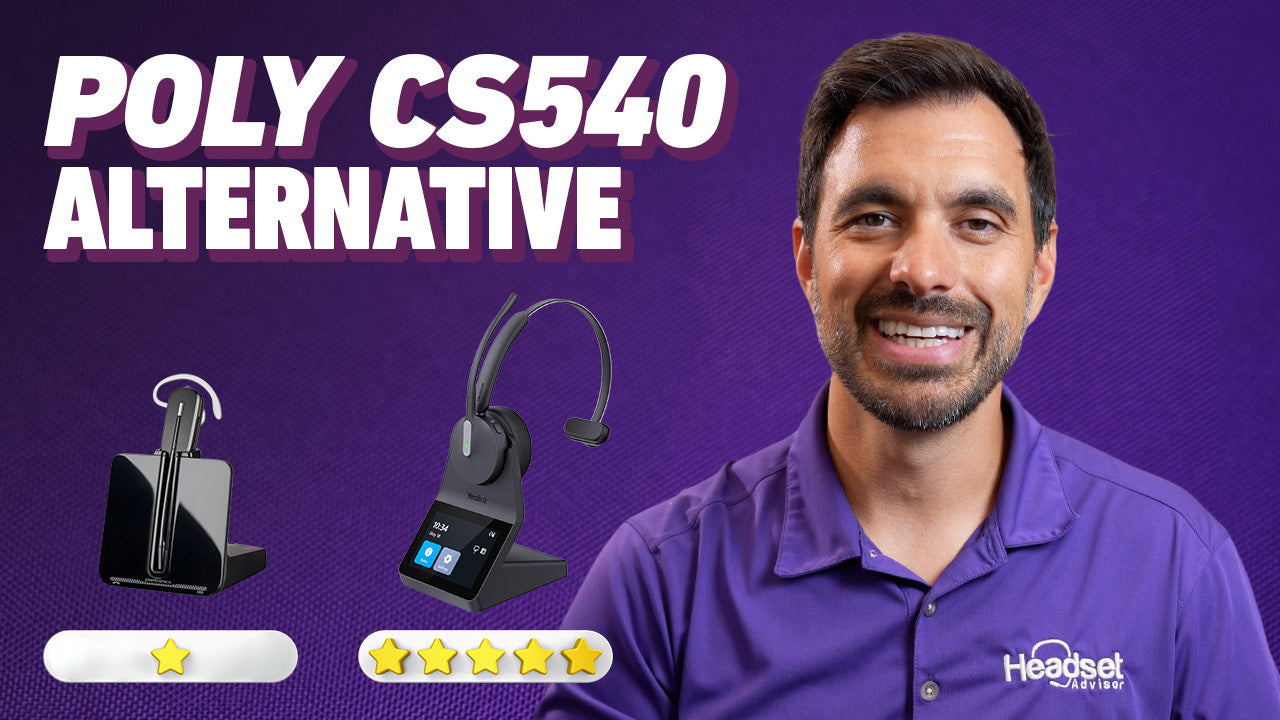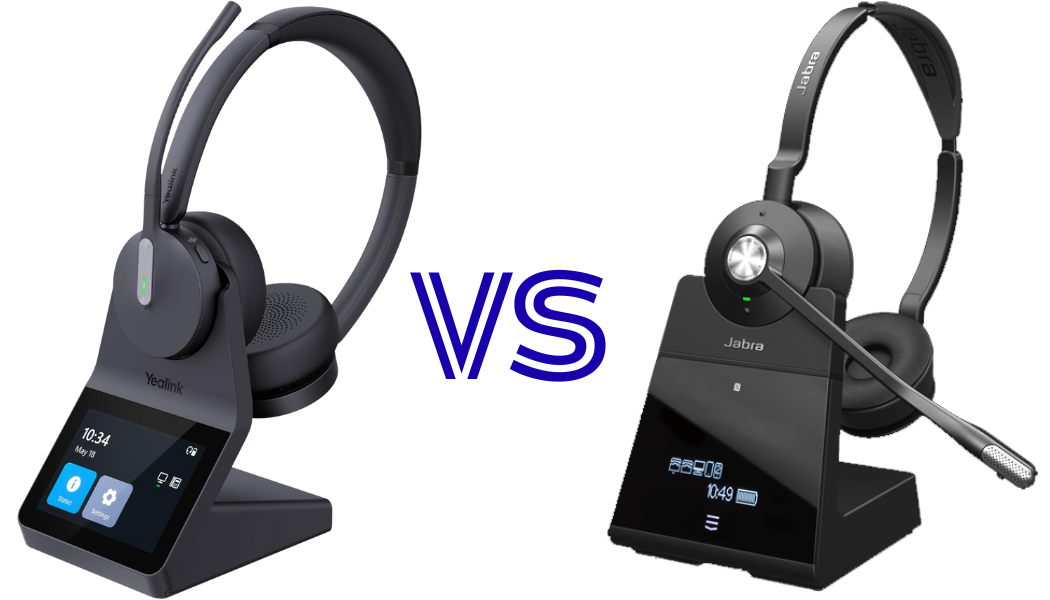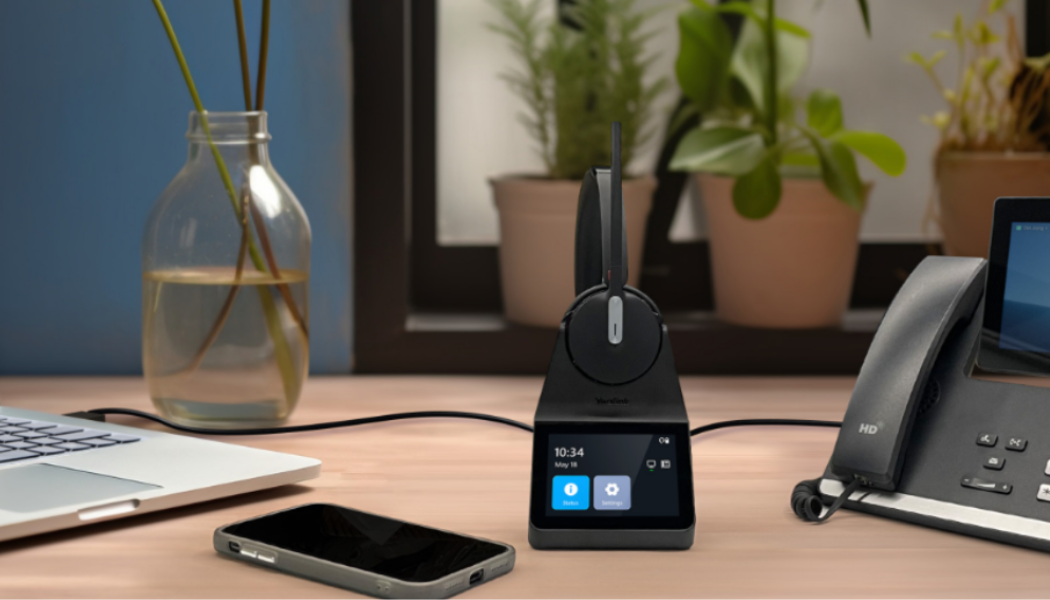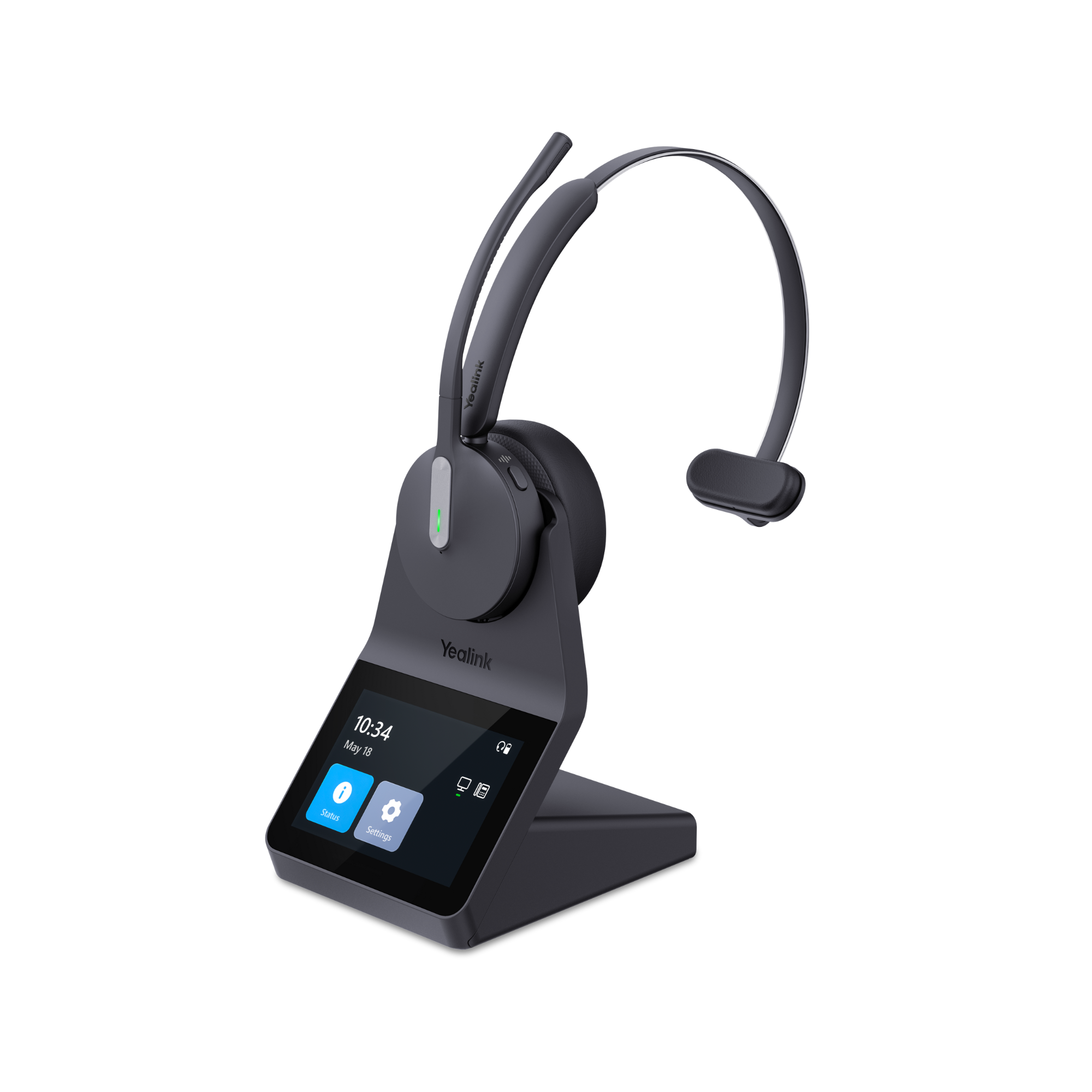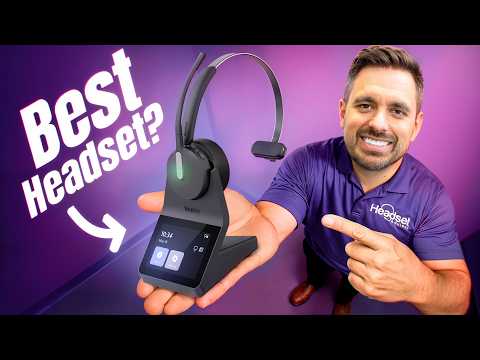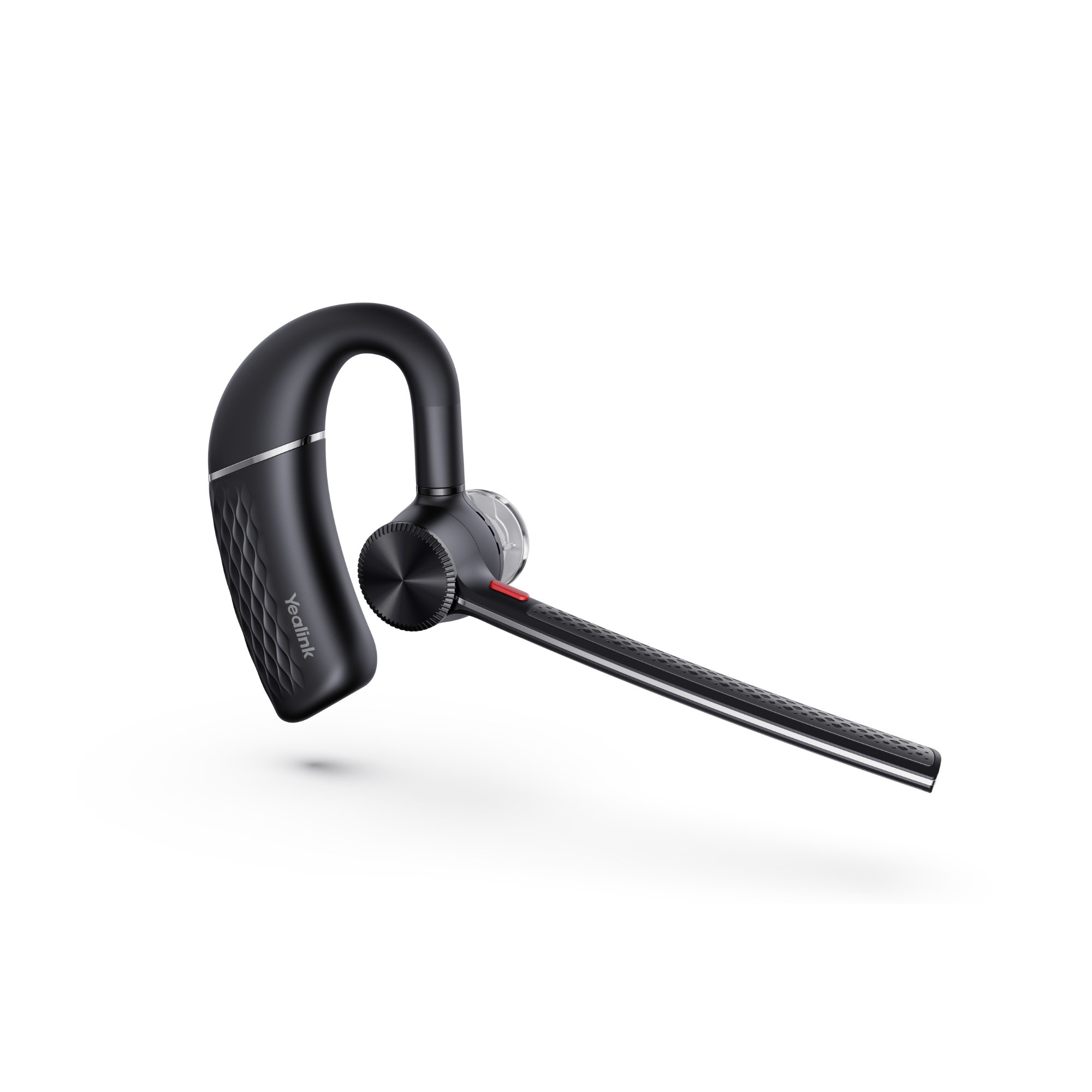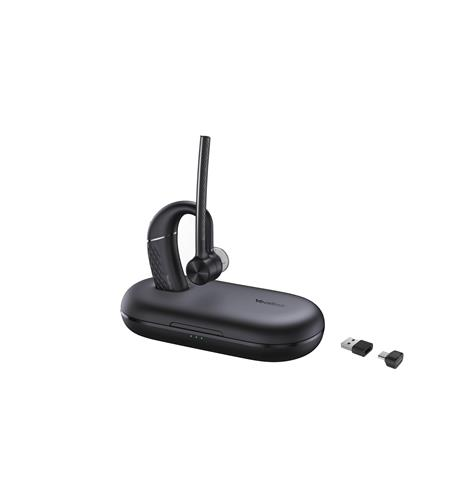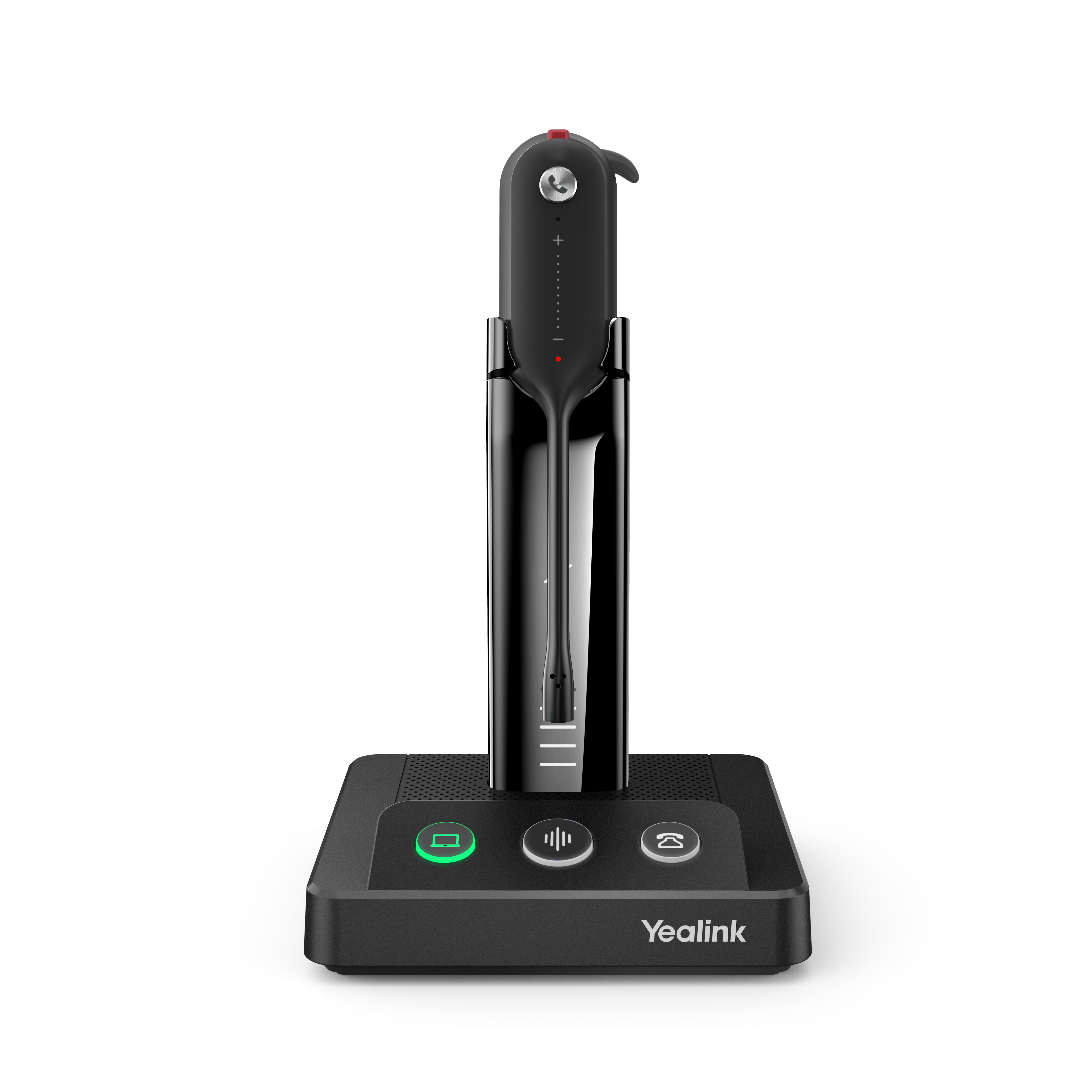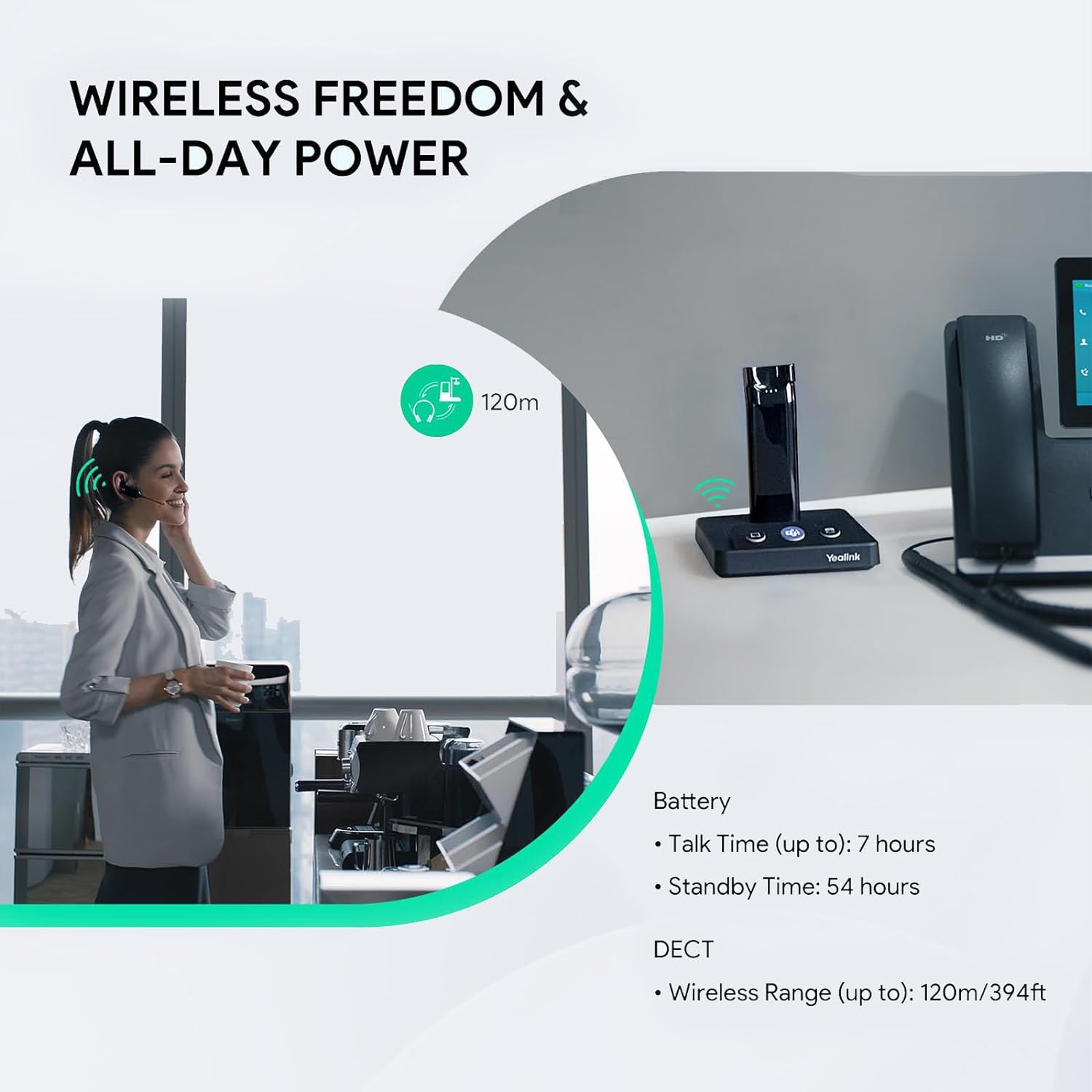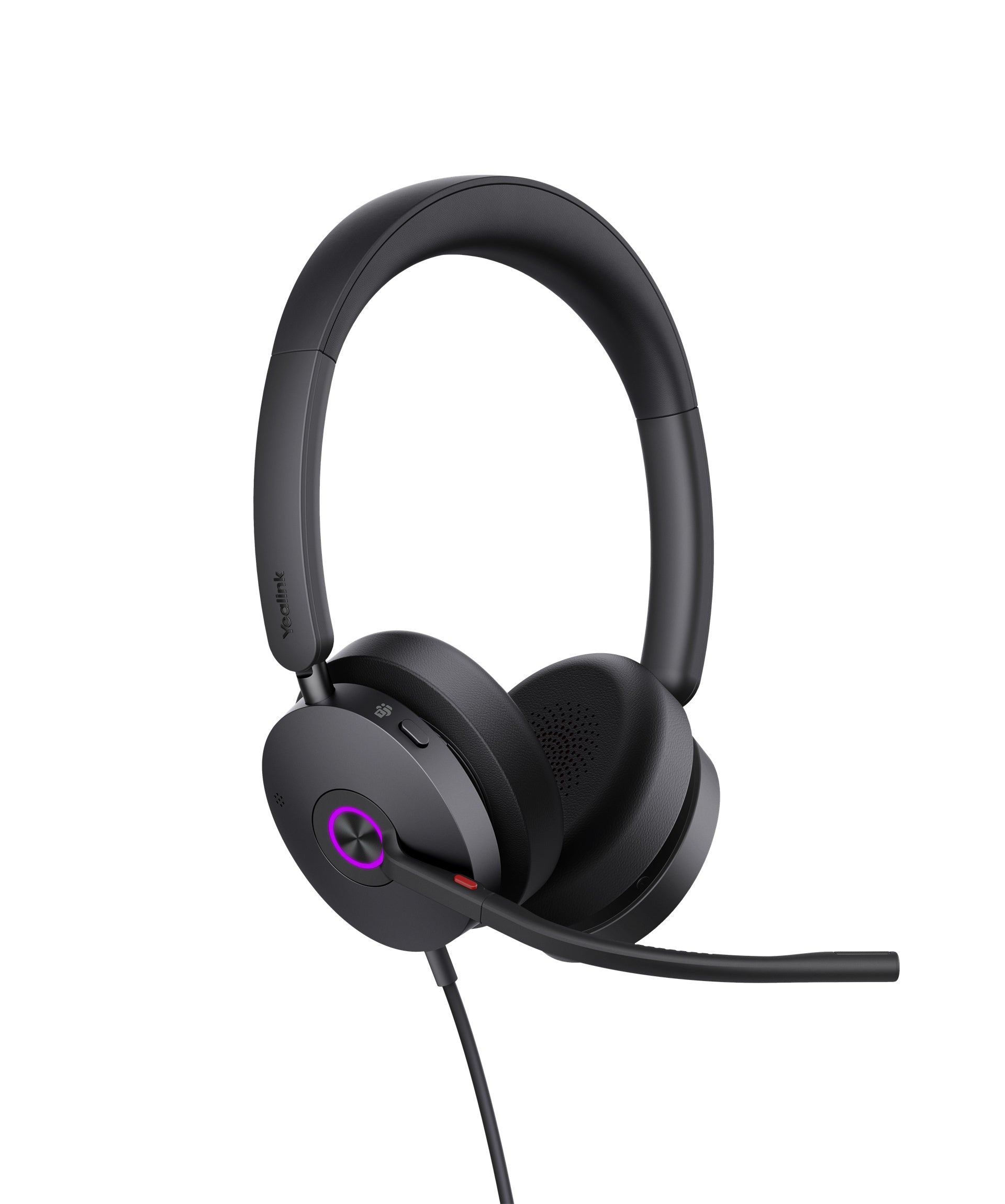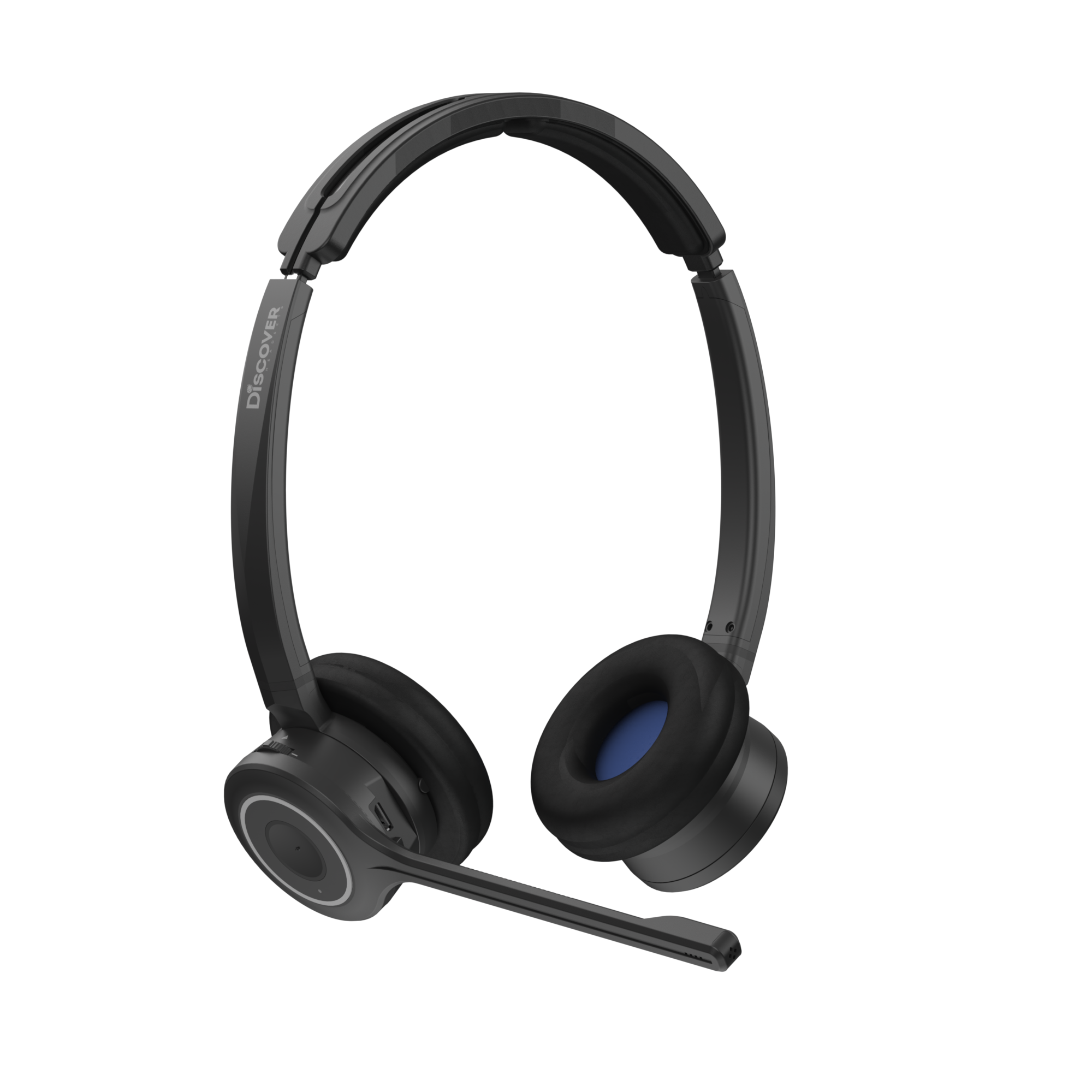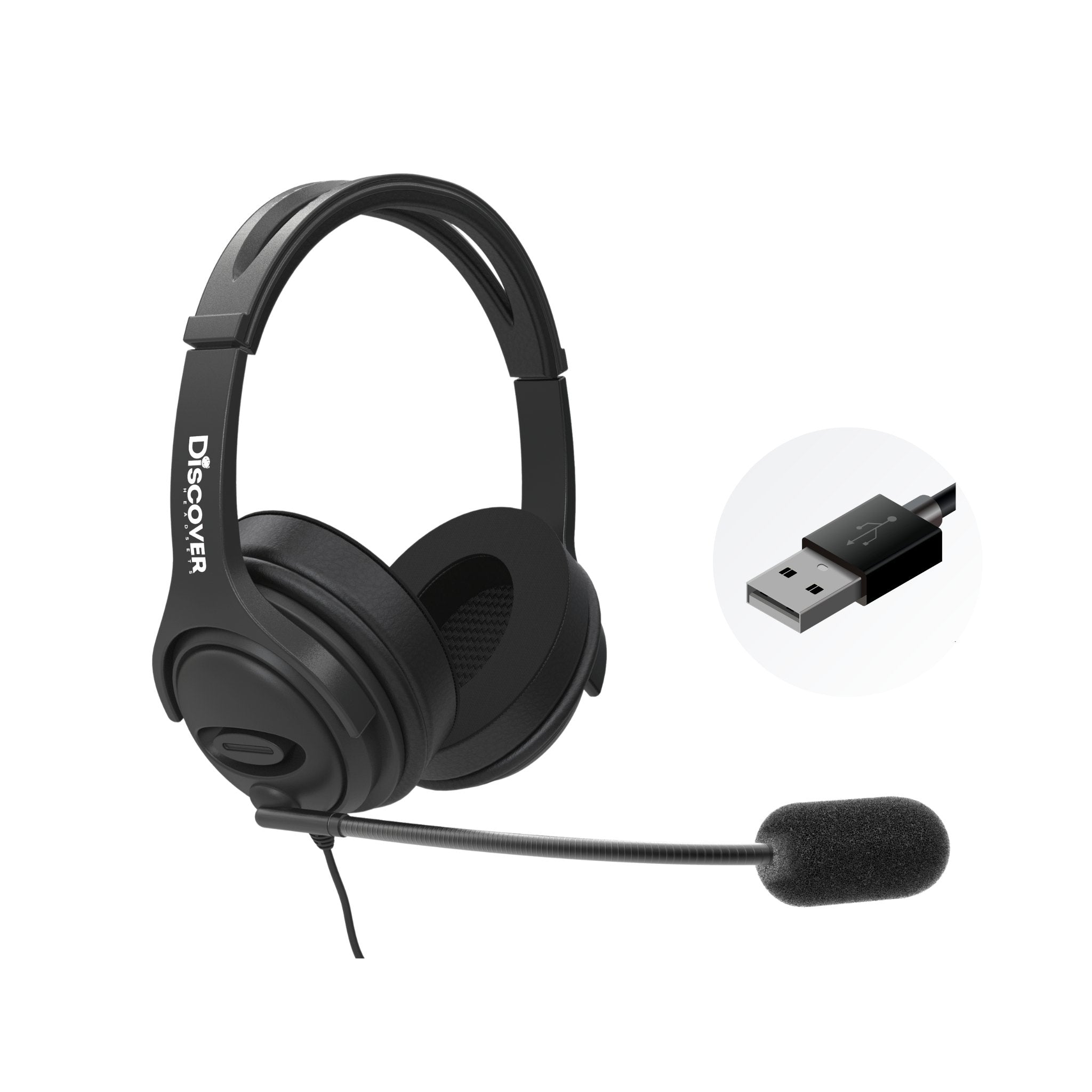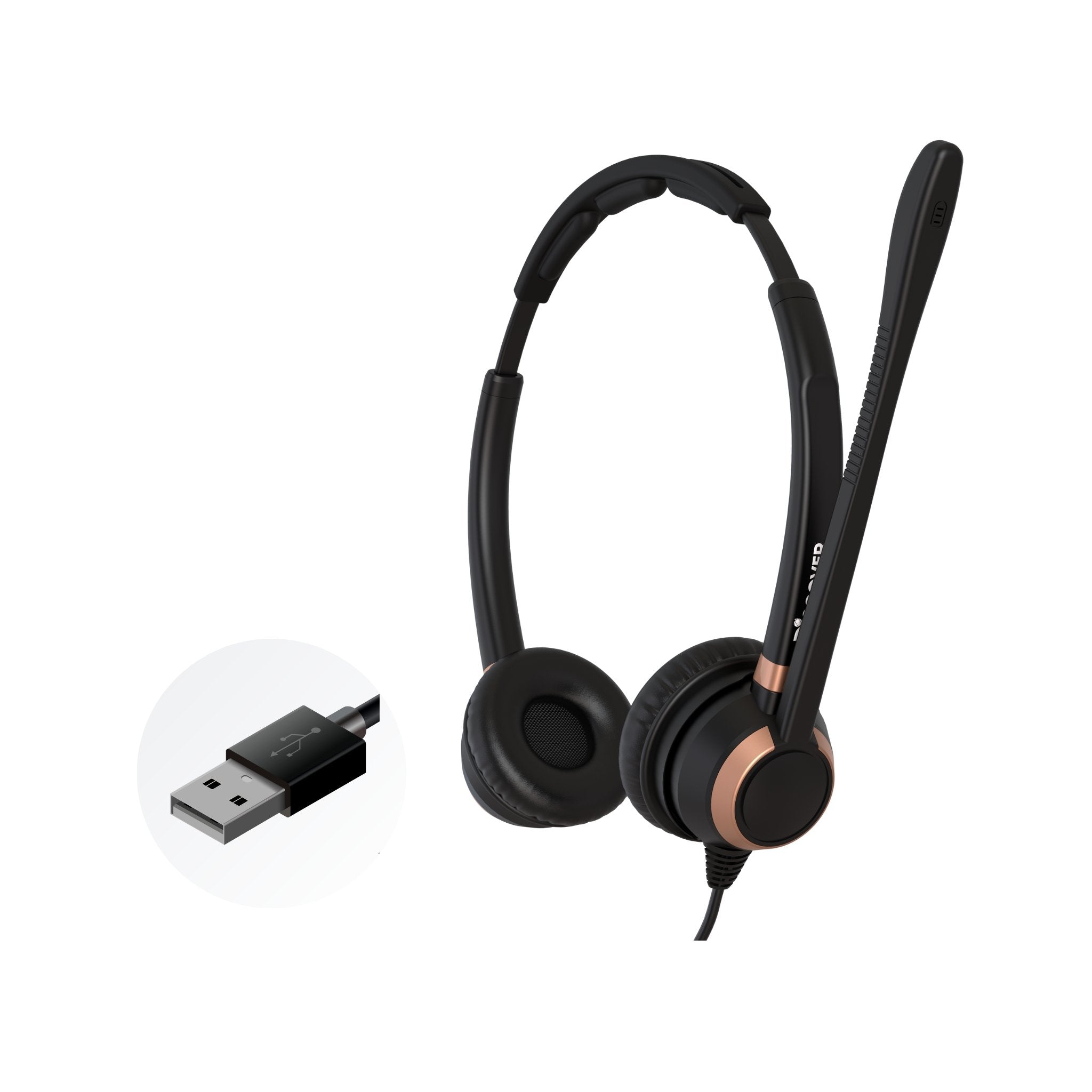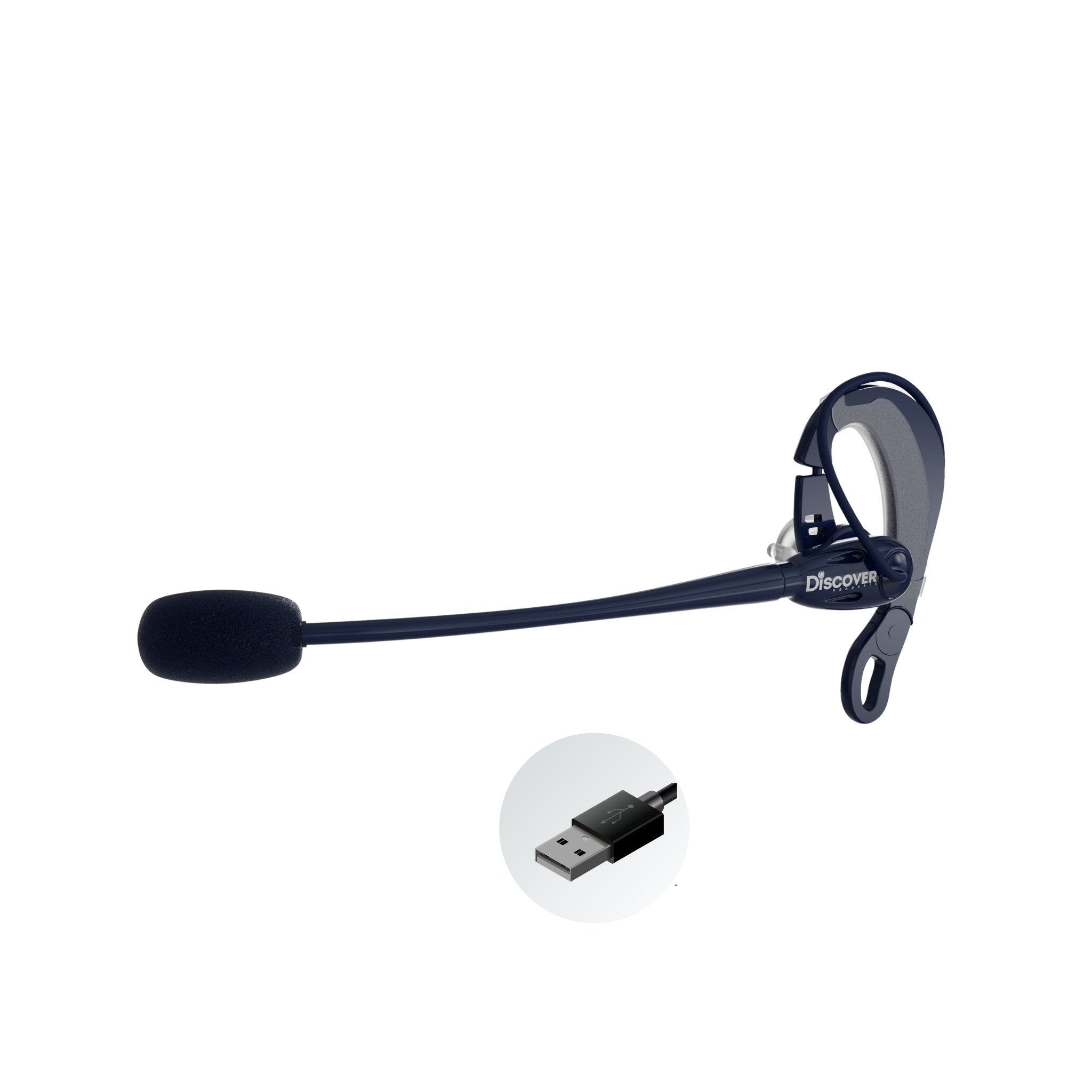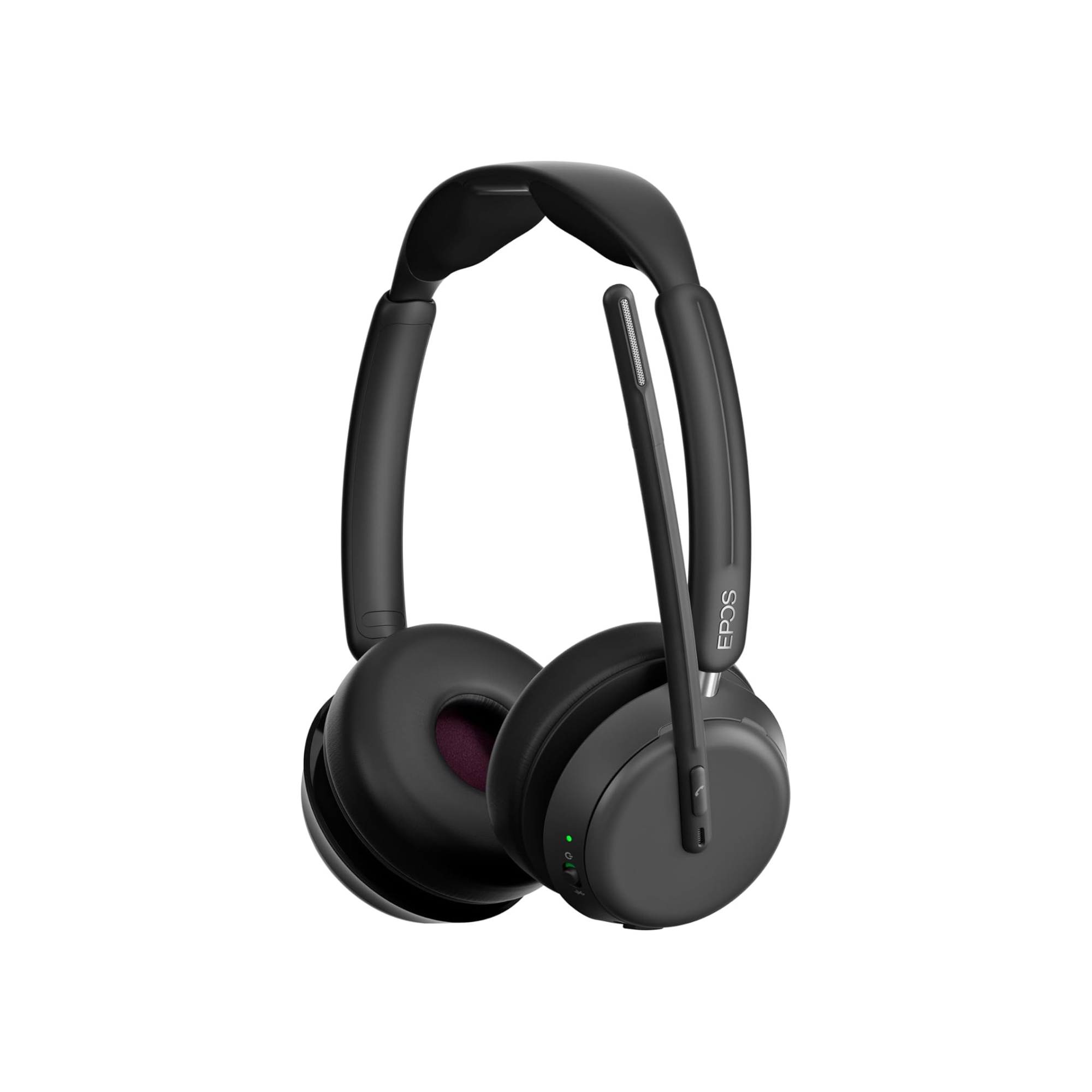Headsets today are used for a wide variety of applications. You can use headsets for gaming, for Bluetooth applications, PC based video conferencing or for your business communications to name a few.
No matter how you’re using a headset, you want it to last and you want it to give you years of faithful, trouble free service.
This article is designed to give you seven simple tips on how you can help preserve the sound quality on your favorite headset and extend its useful life. Every headset will fail at some point and every headset will need to be replaced. Still, with some regular care and attention, you should be able to squeeze more life out of your headset before it needs to be updated. Along the way, you’ll avoid the cost of an early replacement.
After all, most of us like saving money, right?
Tip #1 - Treat your headset like it's something you value
Whether your gaming experience has you frustrated or maybe you lost a big sale, avoid the urge to mistreat your headset. It can be difficult to fight the urge to rip off your headset and slam it to the desk, floor or wall. That might make you feel better at that exact moment, but soon thereafter you’ll be shopping for a replacement headset.
If you work in an office, spare headsets might be available to you. Still, that's unfair to your employer by having them pick up the cost for the replacement.
Bottom line, take a moment and pause before taking out your frustrations on your faithful, but defenseless headset. Challenging in the moment, but well worth it in the long run.
Tip #2 - Avoid office headset traps
Traps, in an office, come in various forms. For office headsets, it can take the form of a desk drawer or the otherwise innocent appearing wheels on your desk chair. Both can be deadly when it comes to severing the cable on your wired office headset. And, in the world of office headsets, severed wires means compromised sound quality, or, worse yet, no sound at all.
When wearing an office wired headset, work at being mindful of the cable that’s connected to your headset. When slammed into your desk drawer, which isn’t uncommon, it can pinch the cable to the extent that it causes a fracture in the cable. This can result in your audio cutting in and out or static. In extreme situations, you may find no audio at all.
The same applies when your headset cord is run over by your wheeled office chair. Bad things happen when headset cables come face to face with these office threats.
Though this may be a form of behavior modification, work to be mindful to the fact that your headset has a cable, one that is in motion throughout the day. Being mindful of this can help you to avoid your headset cable coming into contact with those things that can compromise that stellar sound quality you’ve come to expect.
Tip #3 - Clean the machine
A wireless office headset, or any other type of headset, requires a refresh from time to time. Why you ask? Because headsets are worn on your body, up close and personal. In the process, certain things are transferred from you to your headset. For example, naturally occurring body oils transfer from you to your headset through normal day-to-day use. These oils can cause cables, for example, to become brittle. Brittle cables that lack a natural softness and flexibility are significantly more prone to breakage. This alone can shorten the life expectancy of your headset. So, a periodic cleaning can help to keep body oils to a minimum thereby extending the cable life.
If you’re using an office headset, such as a wireless office headset, it too needs your periodic attention. For example, many people who work in an office or call center eat lunch or snacks at their desk. Surprising as it may seem, food particles from that roast beef sandwich you had for lunch can sneakily find its way into your headset microphone. If this is you, consider getting a microphone screen cover that easily slides over the microphone and covers it. This helps to protect the microphone from foreign objects and when a cleaning is required, it’s simply a matter of sliding off the foam screen, washing it or replacing it.
The main point here is to inspect your headset closely regularly, say every six months or so. Inspect the microphone, ear speaker, cables etc. and clean it according to how the manufacturer recommends. This too can help extend your headset life and keep you sounding loud and clear on your important calls.
Contact us today referencing this blog, and we'll send you a complementary box of headset sanitizing wipes :)
Tip #4 - Replace your battery regularly
An office headset, in particular, a wireless office headset uses a rechargeable battery. Not all, but many are customer replaceable batteries. For those, the battery should be replaced about about every 1-2 years. The symptoms you may experience that would point to this need would be diminished talk time. For example, a new wireless office headset may provide you with up to 8 hours of talk time. Over time, and many recharges later, this 8 hours might degrade to 3 or 4. This could require you to recharge the headset at some point during the day, and at a time where you might need the use of the headset.
If you notice that your headset is requiring a recharge sooner than it once did, then you’ll know it’s time to replace your battery. For those models that don’t have customer replaceable batteries, your best option is to replace the headset TOP and not the entire headset. Though a top replacement is more expensive than replacing a battery alone, it’s still less expensive than replacing the whole unit.
Plantronics headset battery replacement guides
Tip #5 - Replace ear cushions and microphone screens every 6 months
Every office headset, wireless office headset or gaming headset has covers. Whether it’s covers for the ear speakers or covers for the microphone, they should all be replaced every 6 months.The key reasons why this is recommended is two-fold.
One, replacing covers regularly helps to prevent the spread of germs which can accumulate on these surfaces. A quick cushion exchange is another one of those things you can do to help prevent the spread of germs leading to sickness within your home or office. In an office setting, this best practice can help cut down on missed work days by your employees. This helps to keep productivity up and absenteeism down.
The second reason is to help keep your headset clean and free from foreign particles. When ear cushions break down, they separate which exposes the headset to outside substances. This can contribute to the ear speaker or microphone becoming clogged, which can impede the normal sound of your headset. A quick, simple and inexpensive refresh can go a long way towards preventing headset issues such as compromised sound quality.
Tip #6 - Give your headset a periodic cleaning
Headsets are like any other piece of regularly used equipment. The difference with headsets though is it’s worn and used compared to other devices that are used only, such as computers, printers etc. Because an office headset comes in direct contact with you, it’s reasonable to give it a light cleaning from time to time.
You can’t go wrong using an electronics cleaning wipe for sanitizing your headset. This will eliminate germs and help to prevent them from spreading. This is a good best practice for the routine use of an office headset wireless or wired. We all get sick from time to time and cleaning your headset can help keep this to a minimum while at work.
Tip #7 - Use your warranty
Warranties can vary in length and what they cover. But in general, an office headset is separated into two broad categories, wireless office headset and wired office headset. Commonly, the wired models carry a longer warranty and office headset wireless carries a shorter warranty. Typically two-year and one-year respectively, though there are exceptions.
Take the time to understand what your warranty covers and what it doesn’t. If, for example, your warranty covers replacement items such as cushions or batteries, you should monitor your headset and replace these items under the warranty should they be needed.
Even if your warranty has just expired and you have a headset issue, that’s not to say that your headset vendor won’t help you out. Some will, but it depends on the situation and the vendor’s flexibility, but worth exploring.
Summary
If you take the time to properly maintain your headset, it will help you to maintain good sound quality while at the same time, help to keep a more germ free environment. Along the way, you should expect to receive a longer headset useful life which will save you the cost of an early replacement. And finally, you can always contact your headset vendor to see if they offer a free headset tune-up which can help you sort out issues, make adjustments and help keep you sounding great.
https://headsetadvisor.com/blog/best-headsets-for-office-phones/
